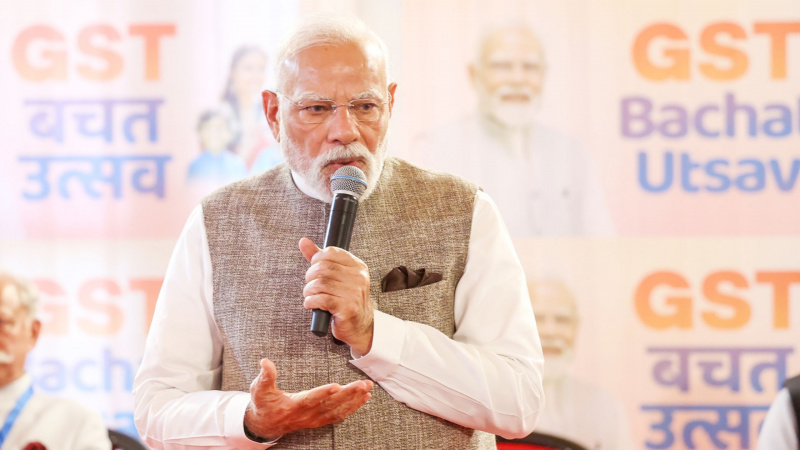The global phenomenon of Cryptocurrency
Even though there has been tremendous progress in the globalization, the financial system remains very fragmented and there are only a few players with a major
- by Vandita Jadeja 2017-10-10 10:51:44
There is an increasing consensus that cryptocurrencies will play a significant role in the way we deal with money. The total market cap for all cryptocurrencies was higher than $25 billion in April 2017. The same market cap was up by 300% and touched $100 billion within only 60 days. It is reported that cryptocurrency is set to outpace all the asset classes in terms of relative growth.
Even though there has been tremendous progress in the globalization, the financial system remains very fragmented and there are only a few players with a major role in the economy. Blockchain technology has a huge potential to consolidate and even standardize the financial markets globally. It is estimated that more than 3 million people actively use cryptocurrencies like Bitcoin. Cryptocurrencies have enjoyed huge growth in the global market with Bitcoins leading the pack. Bitcoin is the oldest and most famous currency having first emerged in 2009. Potential geographic markets where cryptocurrencies can be leveraged are countries with less developed financial infrastructure and a higher smartphone usage. For example, over half of the national GDP in Kenya is operated by a digital currency. The number of people using bitcoin and other cryptocurrencies was around 1 million people. However, the recent estimates state that there are atleast 3 million people using cryptocurrency in addition to the cryptocurrency wallets.
Japan recently recognized Bitcoin as a legal method of payment. Although it is not treated as a currency but as an asset, there has been a huge surge in the demand for Bitcoins. The Government in Estonia is implementing the blockchain technology for banking services, healthcare and even governance by allowing the citizens to become e-Residents. Other countries like Denmark, US, Netherlands, South Korea, UK, Sweden, Australia, Finland and Canada have been supportive of Bitcoin and cryptocurrency.
India made a late entry to crypto adoption. Due to the restrictions in foreign currency remittances and allowable overseas investments, Indians often do not get to trade in international financial instruments. When bitcoin was picking up pace in China, India was struggling to transfer money to the overseas Bitcoin exchanges. However, India did see a drastic change after the demonetization drive announced by PM Narendra Modi. This move left many people panicking and Indians turned to Bitcoin. After the local exchanges started functioning in the country, Bitcoin users got a feasible option to purchase Bitcoin using the local currency and the adoption increased by a large extent. Due to the shortage of the Bitcoin sellers in the country, the Indian Bitcoin price ran at a premium of more than $400 from the international market price.
India is next in line to legalize Bitcoin with the government having agreed to the same. The government is of the opinion that regulating Bitcoin could be beneficial and is also creating laws to do the same. The Reserve Bank of India is considering using the blockchain technology in banking. With buyers being the predominant market participants, India exchanges struggled to provide a liquid order book to the buyers. In spite of the shortcomings, the users in India kept increasing at a healthy pace. The regulated financial market participants like commodity and stock brokers, who enjoy a major market share of the community are not a part of this ecosystem yet.
Once the favorable regulatory guidelines are framed for the trading and investment of cryptocurrency, the growth in India will be exponential and will take up considerable global market share. India stands to become one of the fastest growing regions for cryptocurrencies.
POPULAR POSTS
The Agentic Revolution: Why Salesforce Is Betting Its Future on AI Agents
by Shan, 2025-11-05 10:29:23
OpenAI Offers ChatGPT Go Free in India: What’s Behind This Big AI Giveaway?
by Shan, 2025-10-28 12:19:11
Zoho Products: Complete List, Launch Years, and What Each One Does
by Shan, 2025-10-13 12:11:43
Arattai vs WhatsApp: Which Messaging App Should You Choose in 2025?
by Shan, 2025-10-10 11:55:06
Top Buy Now Pay Later (BNPL) Apps for Easy Shopping in 2025
by Shan, 2025-09-22 10:56:23
iPhone 17 Sale in India Begins: Full Price List, Launch Offers and Store Availability
by Shan, 2025-09-19 12:00:45
Apple September 2025 Event Recap: iPhone 17, iPhone Air, Apple Watch Series 11, and India Pricing Revealed
by Shan, 2025-09-10 09:55:45
RECENTLY PUBLISHED

Loan EMIs to Drop as RBI Slashes Repo Rate - Full MPC December 2025 Highlights
- by Shan, 2025-12-05 11:49:44

Pine Labs IPO 2025: Listing Date, Grey Market Premium, and Expert Outlook
- by Shan, 2025-11-05 09:57:07

Top 10 Insurance Companies in India 2026: Life, Health, and General Insurance Leaders Explained
- by Shan, 2025-10-30 10:06:42

Best Silver Investment Platforms for 2025: From CFDs to Digital Vaults Explained
- by Shan, 2025-10-23 12:22:46

Zoho Mail vs Gmail (2025): Which Email Platform Is Best for Businesses, Startups, and Students?
- by Shan, 2025-10-09 12:17:26

PM Modi Launches GST Bachat Utsav: Lower Taxes, More Savings for Every Indian Household
- by Shan, 2025-09-24 12:20:59




 Subscribe now
Subscribe now 